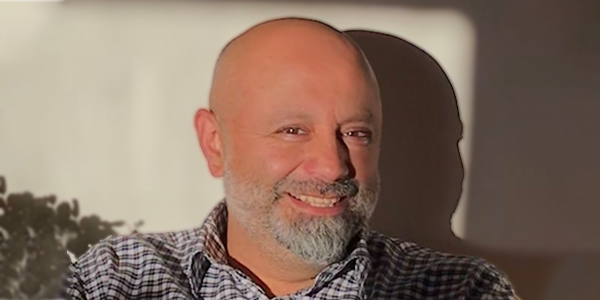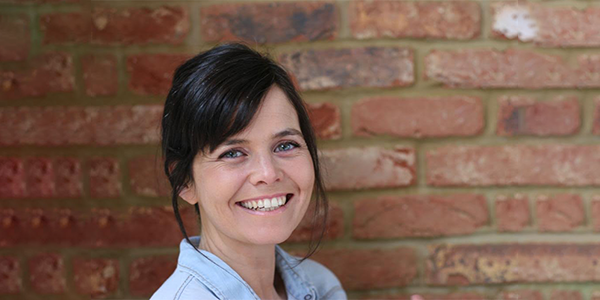Mandatory climate reporting: Experiences from year one of New Zealand's regime
As we prepare for year two of mandatory climate reporting, lessons from the first year highlight areas of both opportunity and challenge.

Nature is an incredible force that makes its presence felt with every breath. Except today, that breathing is more laboured than it’s ever been before, causing fits of rage – nature isn’t just speaking, but screaming at the top of its lungs.
We only need to look at the devastation caused by Cyclone Gabrielle earlier this year to understand the short and long-term effects of extreme weather events, not only to businesses, but to entire communities.
But finding a way to put nature at ease isn’t going to be quick. While directors bring a wealth of combined, cumulative knowledge to the table, could there be a glaring hole that has been overlooked in the makeup of boards to mitigate risks around climate change?

Oscar Montes de Oca
Wellington-based Oscar Montes de Oca believes grounded knowledge in ecology, science and the environment could help to speed things up and have a greater impact.
His work addresses sustainable value chains adoption and environmental policy. Over the past two decades, he has conducted research in the primary sector, including for New Zealand industry bodies, central government and several science institutions in Aotearoa, and currently works for Crown Research Institute, Scion Research, with expertise in systems engineering, ecological economics and behavioural science applied to technology.
Montes de Oca believes a shift needs to happen to rethink the structure of governance if boards are serious about addressing climate challenges.
“Innovation in governance, or even in institutions, has been very slow. We tend to think about innovation in terms of technology and gadgets but with governance there is very little that has changed over time,” he says.
The current issue from Montes de Oca’s view is that boards and directors are scrambling to find solutions. The obvious gap is where boards lack specialist knowledge in science and the environment.
“We have things like ESG – environmental, social and governance factors – we have non-financial reporting and corporate social responsibility, but that's all abstract and open to interpretation,” he says.
Montes de Oca’s challenge to boards is about thinking outside of what isn’t working to look at something that will, including directors thinking about what boardroom discussions could look like if at least one director has ‘nature’ as their skill or ‘superpower’ and how that would change the conversation around climate change and other environmental problems.
He refers to a movement currently emerging overseas that puts nature at the heart of business, where the legal profession steps in to act on behalf of the ‘rights of nature’.
Lawyers for Nature is a UK collective of lawyers, barristers, solicitors and advocates whose aim is to democratise access to legal support for those looking to defend the natural world. The collective describes itself as “a Community Interest Company who would like to change the legal profession by supporting lawyers to engage with law that aims to protect nature”.
This includes adapting the corporate governance of organisations around the UK and legal representation of non-persons (nature) and how this interacts with the right to a healthy environment.

Brontie Ansell, Head Researcher-Lawyers for Nature
Brontie Ansell is Head of Research at the organisation, and a senior lecturer in law at the University of Essex. She says Lawyers for Nature is making an impact overseas and she sees this as a growing trend, as the reality of climate starts to truly hit.
“When we put ‘Nature’ on the board at the company, Faith in Nature, we really hoped it would spread to all parts of business and all parts of the world. We have seen companies, charities and public bodies start to have conversations and take actions around this concept, and that is really hopeful. We know that rampant extractive capitalism cannot continue unchecked,” Ansell says.
She adds, this kind of intervention is one of many they hope will make a difference.
“We are working across three other jurisdictions right now to implement similar concepts. Faith in Nature now asks almost every day “what would Nature say?” and this helps them shape their business in a positive way that is sustainable for all life on Earth,” she says.
Montes de Oca reinforces Ansell’s view and says this kind of movement - and a sideways shift in thinking - will enable greater change on a very big issue.
Applying to boards could mean bringing in an independent legal expert with a vested interest in climate to provide consultancy through an environmental and legal lens or introducing independent advisors with science-based backgrounds into the boardroom.
He says that a ‘representative of nature’ could also have a vote, including against the board’s decisions if a strategy does not align with positive environmental outcomes. But this would require buy-in from the board.
“Everybody is pulling at ideas, but the solution can't be had by the people currently sitting at the table because they are not experts. There is a behavioural switch that needs to happen,” Montes de Oca says.
He refers to Aotearoa Circle’s latest report: “Instead of nature-based risks to business, the thinking should be, what is the business risk to the natural world?”.
If you’re interested in finding out more about climate governance head to Chapter Zero NZ where we also have a Board Toolkit which provides a practical framework to ensure the climate challenge is effectively addressed at the board table.